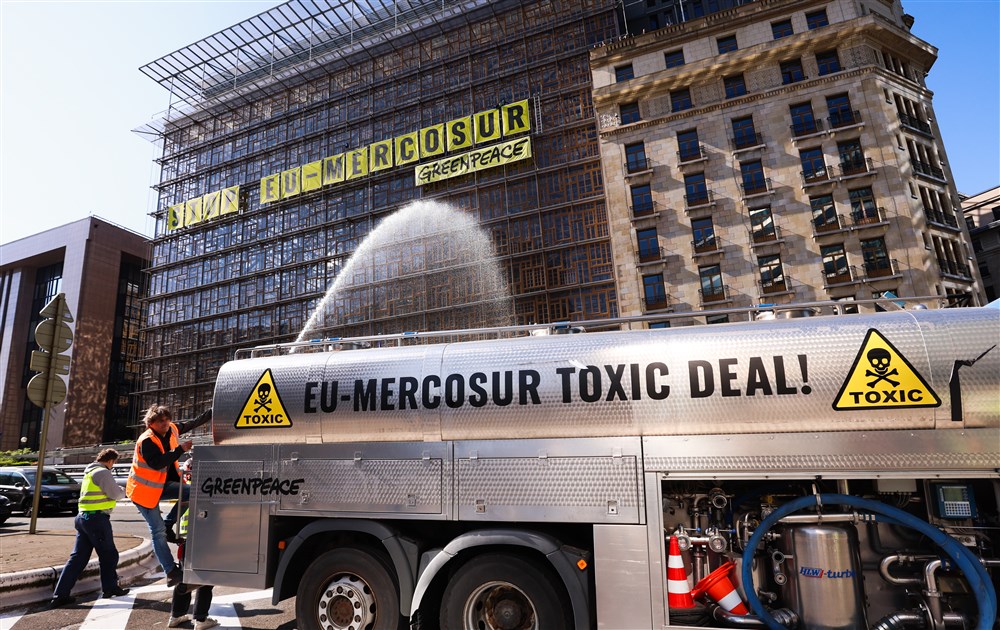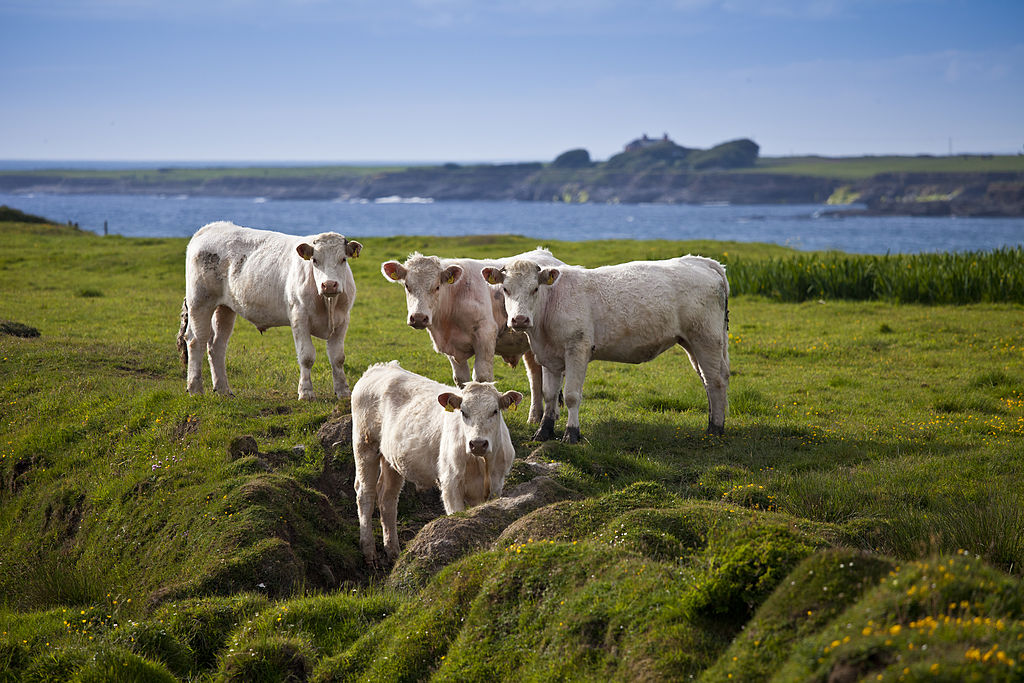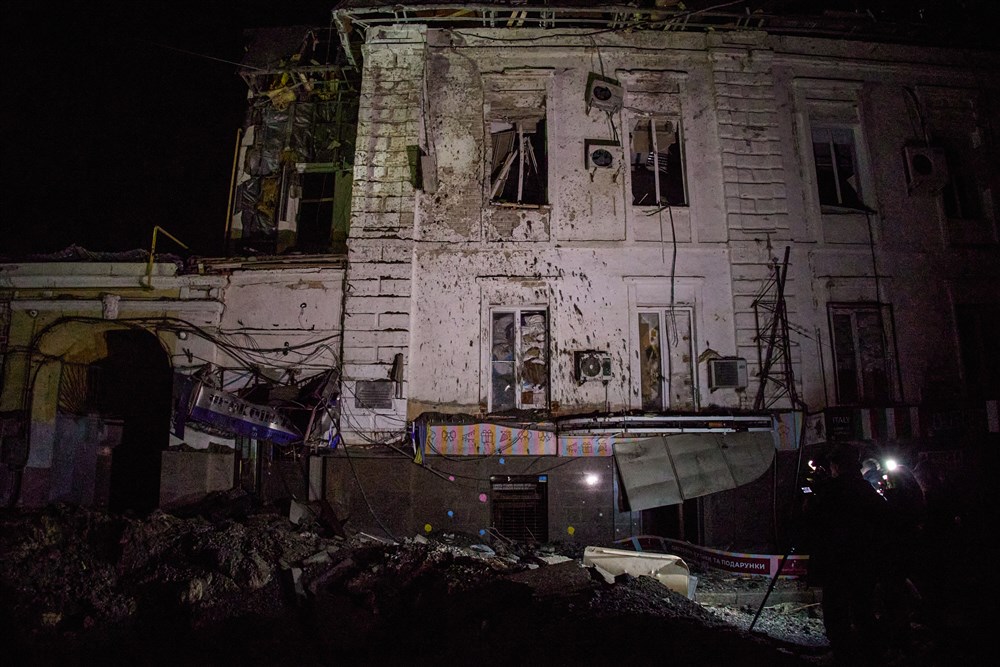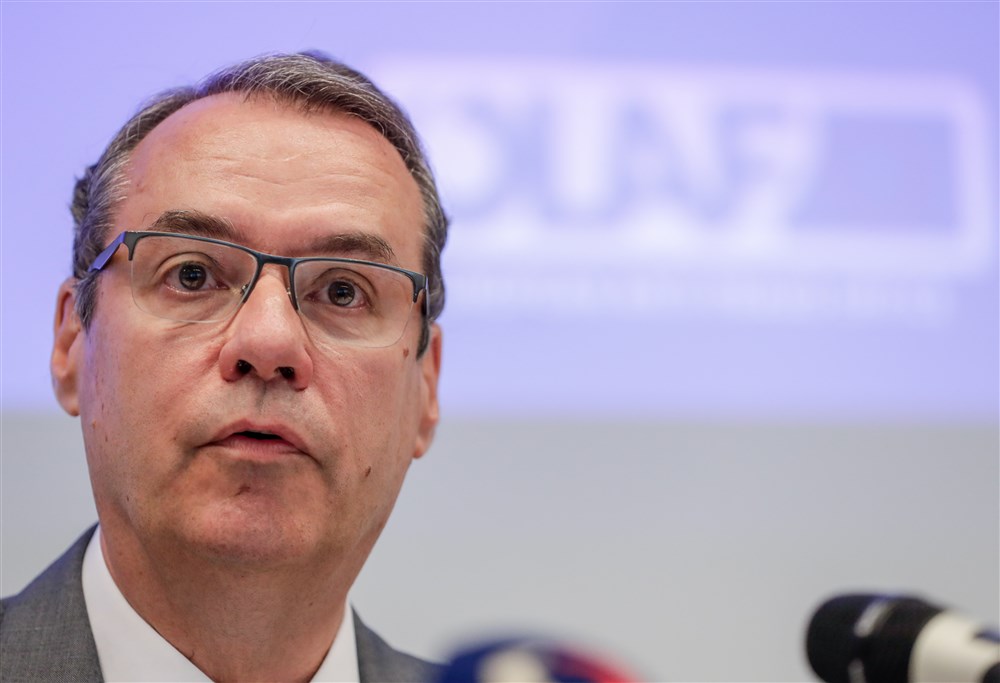Australia’s Trade Minister, Don Farrell, has left free-trade talks in Brussels, telling The Australian Financial Review it was “looking more difficult” to land a deal with the European Union in the coming months. EU chiefs, however, remain optimistic about reaching an agreement soon.
Negotiations between Australia and the EU over free-trade policies have been ongoing for five years now, but no tangible results have been achieved so far. That is because of the EU’s reluctance to ease high tariffs and tight quotas on agriculture, according to Australia.
The EU, however, is more upbeat about securing an agreement. Speaking to Brussels Signal, Miriam Garcia Ferrer, spokeswoman on trade and agriculture with the European Commission, insisted: “EU-Australia trade negotiations are very well advanced and we aim to conclude by the summer, if progress on substance allows.“
She pointed out that a successful conclusion to talks on the free-trade deal “will open up trade opportunities with an important partner, thereby strengthening EU supply chains, all under the framework of an enforceable trade agreement with strong sustainability provisions”.
“In line with the political priority attached to this negotiation by the EU, negotiators will now redouble their efforts to advance quickly and address outstanding issues,” she added.
Australian authorities want easier entry into the European market for its beef, lamb, rice, sugar and dairy products. However, the EU is seeking to impose certain restrictions on Australian access. Canberra has already cautioned that it is not willing to accept a trade agreement similar to the one New Zealand has signed up to, which imposes limitations on greater agricultural access to the EU market.
The EU is also working on tougher rules regarding so-called geographical indicators (GIs), which would prevent Australian farmers using names such as feta, parmesan and potentially even prosecco, to label their goods. That has proved a divisive topic, given that there are many businesses in Australia with European heritage that produce such items unhindered. In light of that, Australia feels Europe is being protectionist in its demands.
In addition, the EU wants Australia to follow the social and green agenda Brussels champions. If Australia does not adhere to the labour or sustainability standards enshrined in the bloc’s trade agreements, it could face sanctions.
Australia, on the other hand, points out that it has significant amounts of critical raw materials such as lithium, titanium and cobalt that many regions outside the EU are keen to get their hands on. “At the moment, the Americans are looking hungrily at all of those products, as are the Japanese and the Koreans. We want to make sure some of it is left for the Europeans, but they have to come to the party on agricultural access,” Farrell said.
Australia is not the first country to baulk at what some consider European protectionism. At the end of May, Indonesia and Malaysia described the EU law banning the import of products that come from land cleared of forests as “punitive and unfair treatment towards us and to smallholders in particular”.
Indonesia’s Coordinating Minister for Economic Affairs, Airlangga Hartarto, said the policy favoured “large corporations or multinationals” that could afford to work under the level of bureaucracy the regulation will demand, the FT reported.
Indonesia and Malaysia are the world’s biggest palm oil producers and account for about 85 per cent of global palm oil exports. The EU is their third-largest market.
The EU’s landmark deforestation law would also ban imports into the bloc of coffee, beef, soy and other commodities unless companies could provide “verifiable” information showing those products were not grown on land where deforestation occurred after 2020. Indonesia and Malaysia perceived that as being unfair and both countries reportedly delayed trade talks.
However, Ferrer refuted reports relating to Indonesia in the FT and Brussels Signal, insisting the meeting, under the title CEPA, with the country’s representatives on May 31 was “productive” and that it and the EU were “committed to working together on halting deforestation”.
“Both the EU and Indonesia share the aim of concluding the CEPA [agreement] soon, although as always, we are prioritising substance over speed,” she said. The next round of negotiations regarding CEPA will be held in Indonesia, “in July as planned”, Ferrer added.
She did acknowledge that trade agreement negotiations with Malaysia are on hold but emphasised that this has been the case since 2012. “However, it was agreed earlier this year to undertake a stocktaking exercise to assess the possible resumption of talks. This exercise is ongoing,” she added.





